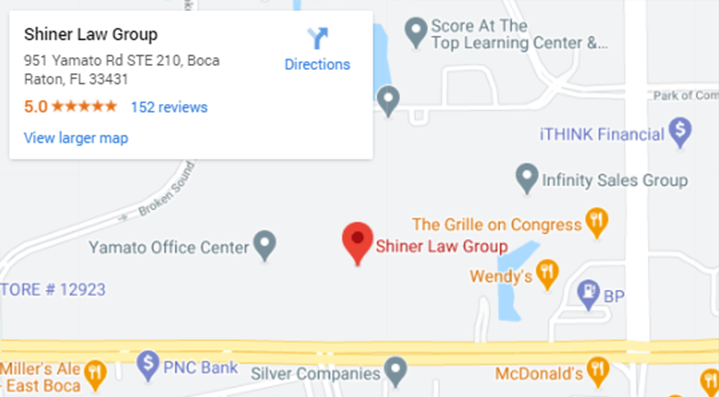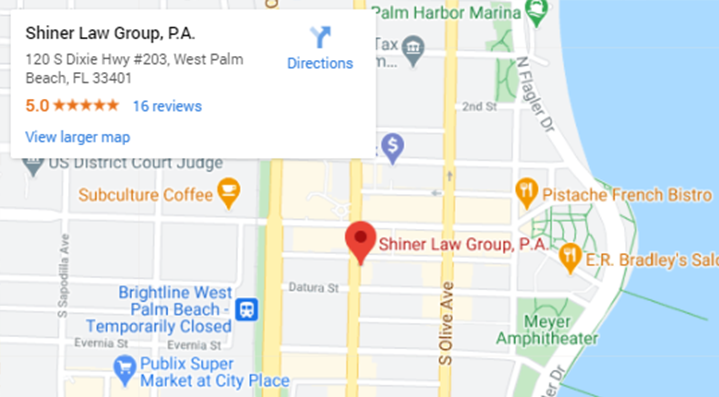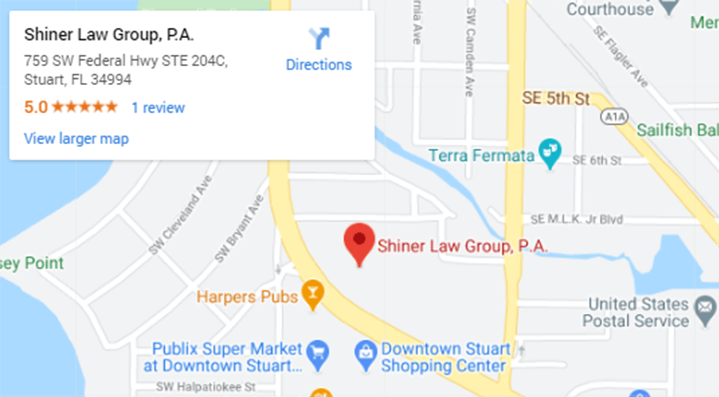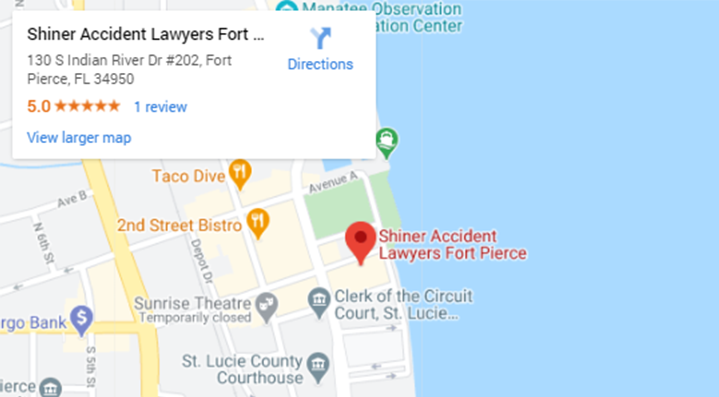Differences in Types of Corporate Ownership
The legal ownership of a business can be divided into three categories, which includes sole proprietorship, partnership and corporate ownership. As the name suggests, in a sole proprietorship, the business owner is personally liable for their debts and losses. This means that there is no distinction made between their business and personal incomes. Also, the business terminates after the death of the owner, unless if they have made specific arrangements for business inheritance.
On the other hand, a partnership is a joint venture or ownership. It can comprise 2 or more people who agree to invest their money, skills, and labor to a business. Each partner in a general partnership must share the profits, losses and management of the business. All partners are equally and personally liable for the debt of the partnership.
Furthermore, both sole proprietorship and partnerships are arrangements that can be entered and dissolved easily. However, this is not the same with the third type of business structure and that is corporate ownership.
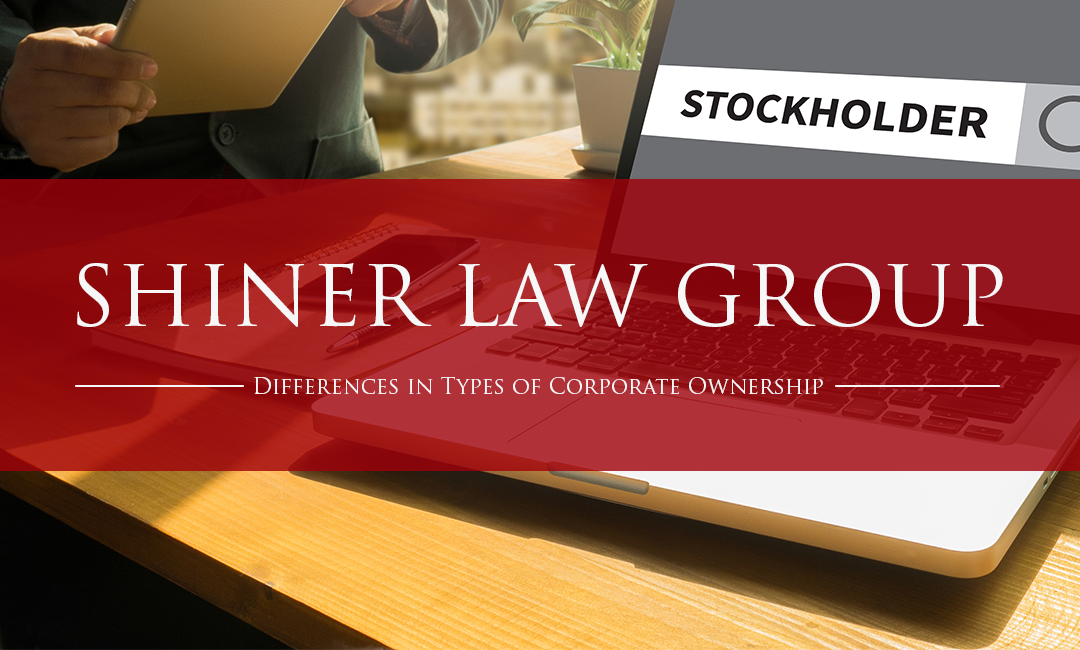
Corporate Ownership
Corporate ownership is quite complex. This is because it involves the creation of a legal identity that is separate from its owners. While a person may buy and own all corporation shares, they may not be personally responsible for it. Wondering why? This is perhaps because such a corporation is an immortal legal entity, which is not terminated or inherited upon the death of the owner. A legal entity can enter into it as well as dissolve contracts, sue or be sued, incur debt, sell or own property. It can be better understood through common and preferred stocks.
Common Stocks vs. Preferred Stocks
Common and preferred stocks are the 2 main stock types that are sold by corporations and traded among investors in the open market. Each type gives stockholders a partial ownership in a company, which is represented by the number of their stocks.
Let’s take dig deeper to understand the difference between the two:
Common Stock
A common stock is issued by a company. This type of stock provides shareholders a share in the company’s profit through either capital appreciation or dividends. Common stockholders also have voting rights with the number of votes based on the number of shares they own. However, the board of directors of the company decide whether or not to pay dividends and how much.
It is important to understand that common stock owners have preemptive rights for maintaining the same proportion of company ownership over time. However, if the company tends to circulate another stock offering then shareholders can buy as many stocks as it takes to keep their ownership comparable.
Furthermore, common stocks also have the potential for profits through capital gains. Keep in mind, the principal value and the returns of the stocks may fluctuate with changing market conditions. Therefore, when sold in the market, they may either be of worth more or less than the original cost of the stocks. Also, there is no assurance that shareholders will receive dividend payments. Hence, investors must have investment risk tolerance before they invest in common stocks.
Preferred Stock
When you have a share of ownership in a public company, you are investing in a preferred stock. The price of a preferred stock is determined by the earnings of a company. Traded through a brokerage firm, these stocks also pay a dividend like common stocks.
However, the difference between preferred stocks and common stocks is that preferred stocks pay an agreed upon dividend at regular intervals unlike common stocks that pay dividends depending on a company’s profits.
As compared to common stocks, preferred stock dividends are higher than common stock dividends. The dividend is adjustable or can be a fixed amount.
Furthermore, preferred stocks also have traits of a bond. How? Well, stockholders may get their initial investment back if they hold preferred stocks just like bonds until maturity. In most cases, the maturity period is 30 to 40 years.
Also, companies can also recall preferred stocks before maturity by paying the issue price. Unlike common stocks, preferred stocks don’t confer to any voting rights. Just like common stockholders, preferred stockholders also have some rights. These include:
The Right to Own
Preferred stockholders also have the right to own the company by buying preferred stocks from a broker.
Preferred Treatment for Dividend Payouts
Another advantage of investing in preferred stocks is that stockholders get dividends before common stockholders and that too regularly. This is regardless of the fact whether the company makes profits or not.
The Right to Obtain Fixed Dividends
Upon the issuance of preferred stocks, preferred stockholders get a fixed rate of dividend. This is within the range of 5 to 7 percent. Those individuals who are risk averse normally prefer preference stocks because of the fixed pay out rate.
The Right to Receive Arrears
In case, if the company fails to pay to its preference shareholders in a due year then they must pay them arrears the next year. This right is only enjoyed by preferred stockholders.
The Right to Get Dividends after Liquidation
Even if the business liquidates, preferred stockholders will be paid dividends first. But here it is important to note that they are not paid first because the company must first pay off its liabilities.
If your company has failed to pay you dividends or there is a breach in an agreement, then get in touch with Shiner Legal Group Business & Commercial Lawyers. Let us help you seek justice and protect your financial rights.

